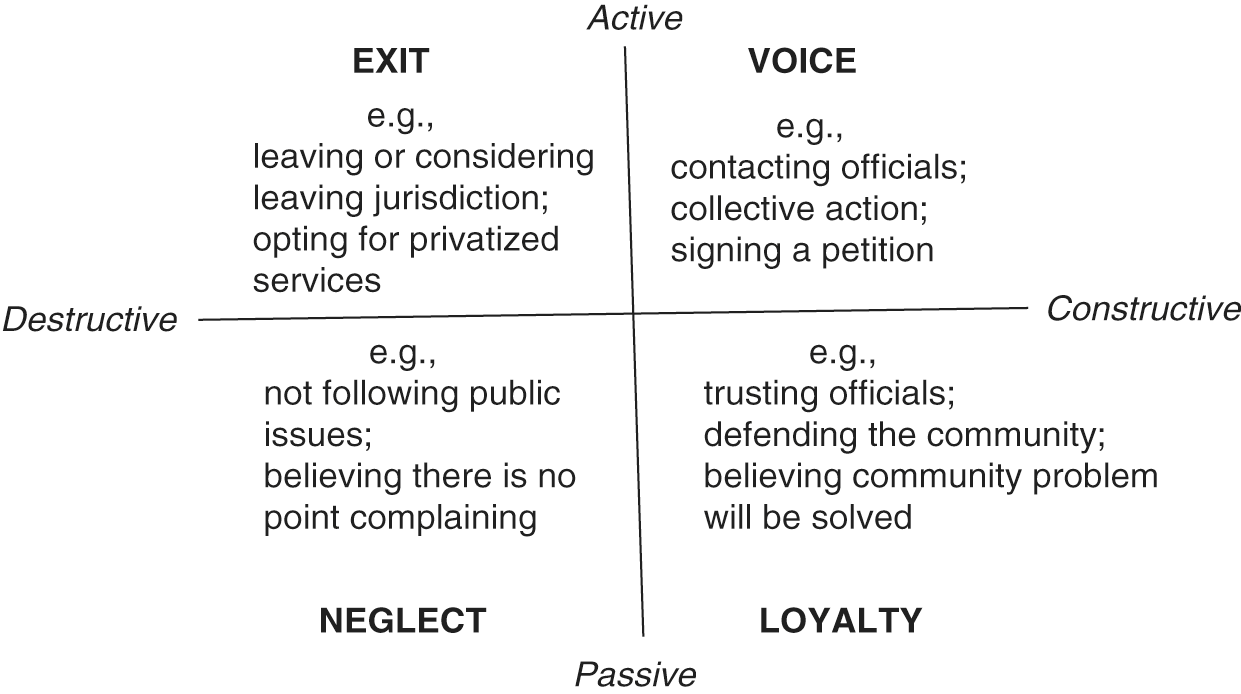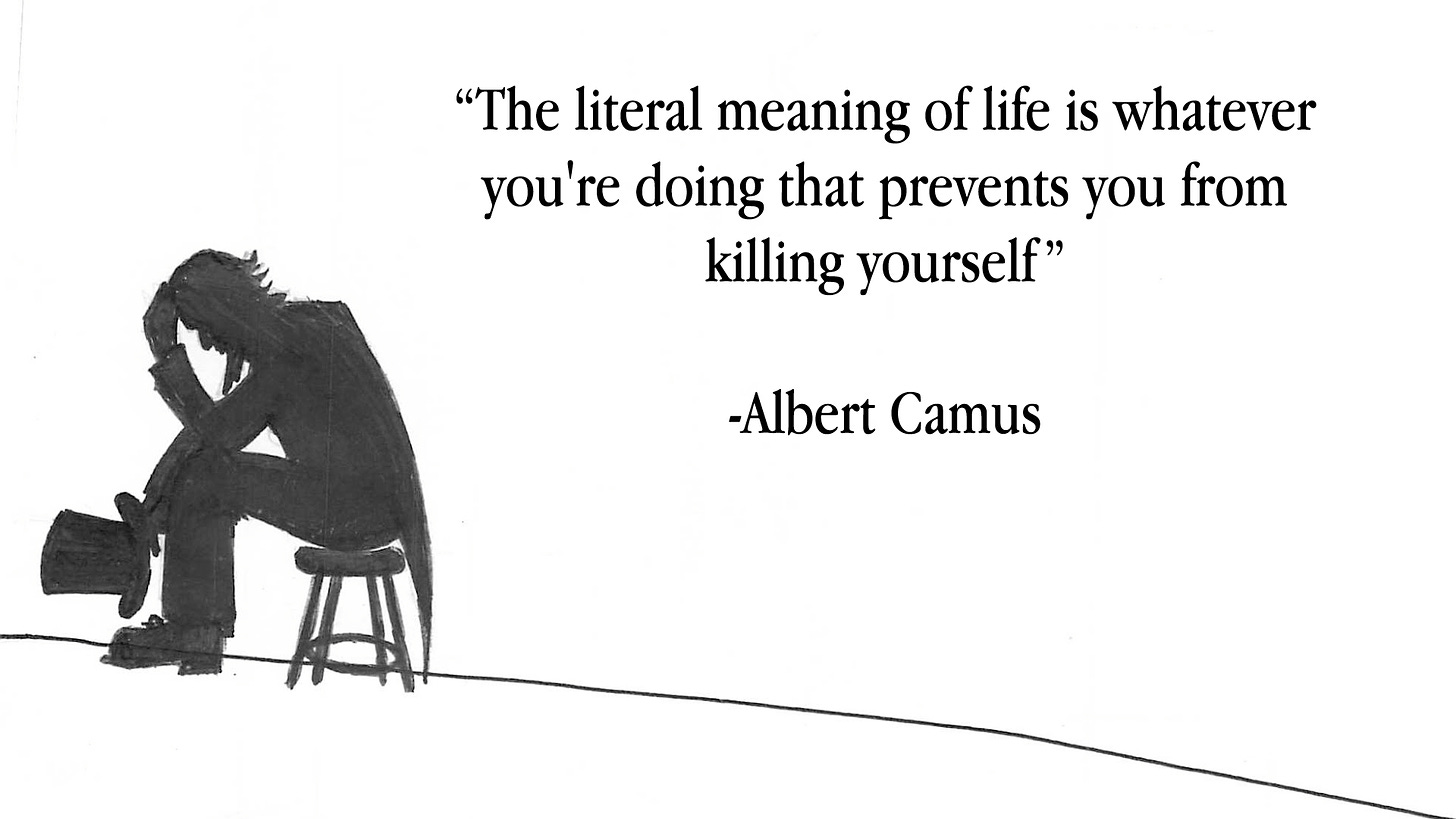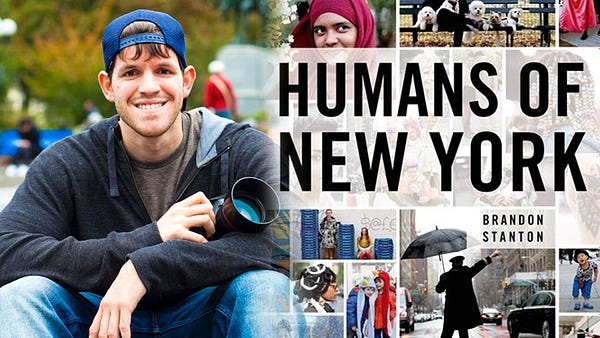Hello from the Himalayas,
Every time I get squeezed through a gatekeeper which holds a monopoly over a critical output, but is also free of accountability to bother changing its outdated processes/systems — I have a strong urge to rebel. To rebel via EXIT instead of VOICE.

Image: concept and diagram from Albert O. Hirschman ‘s book Exit, Voice & Loyalty
The current default decision-making preferences is influenced by the lessons I learned from my experiences while growing up and seeing three other options rendered ineffective in changing my life.
Loyalty — Loyalty was my first instinct as a child, like most other people. Loyalty is easy when everything is going well. Loyalty to your parents, your school teachers, your close friends. But it didn’t last long. Loyalty requires a certain level of ignorance when things are going wrong — a level of pretense to be maintained to keep the facade intact. I was always a bit idealistic to be able to maintain unconditional loyalty to people whom I didn’t choose myself to be around.
Neglect — I am too meaning-making oriented to be able to ignore the blatant waste of potential of human enterprise. Whether it is witnessing domestic abuse or walking past a trash-filled street corner or being bombarded with bureaucratic bullshit when going through paperwork, I couldn’t just turn a blind eye. Lest you assume this skepticism inside me is there to serve a bigger cause— to indulge in heroism to change the world — let me correct you. The biggest reason I care about these inefficiencies and injustices is because witnessing them attacks my sense of meaning-making in life. That could be called as the most self-serving reason to change my environment. Yes, that’s true. When I question the meaning of my life and think it through the chain of whys, it is quite often that I end up on this thought of Camus. And this thought is what makes me want to choose between killing myself or doing something to meaningfully change my immediate environment until I no longer ponder on this eternal question of meaning-of-life.

Now that I accept the need of ‘doing something’, the obvious choice in an environment controlled by others — is whether to Voice my opinion, disagreement to the people who control the environment OR to Exit and find an alternative environment.
Voice — I use voice as the first-resort to initiate change as it’s convenient and sometimes it works. But there is a caveat. It usually only works when the stakes are really low and I have direct access to the person-in-charge. That means, a lot of times I use this option on making everyday little changes. When I was growing up naive, I assumed Voice to be equally effective on high-stakes changes. I learned it the hard way that that was not true. Maybe it was my inability to bring change with voice, but I failed so many times with it in multiple aspects of my life —family to school to community— I realized Voice wasn’t the way to go when it actually matters.
EXIT — When stakes are high and access to person-in-control is too hard to get, I now default to choosing Exit. If I’m doing important paperwork, choosing a team to work with or a city to live in, I default to Exit as my response to change. It must sound like self-serving behavior and that’s because it is. My loyalty lies to bettering my immediate environment — trying to improve people, places, things. activities in it — and if I sense I am hitting a wall — I’d selfishly exit. It’s because this decisions are the building blocks of my own meaning-making process.
DIY and DeFi
To others, they might hold importance because of other reasons, but for me the core function of both DIY(do-it-yourself) and DeFi(decentralized finance) is to earn individual free-agency —a small block at a time— to be able to control my immediate environment — physical and financial— more effectively.

In March, I tweeted this about DIY tech emerging as one of the late order-effects of a global virus pandemic. Now that we are entering this stage, I wanted to refresh my thoughts on what DIY means to me.
DIY is about unleashing your inventiveness to become less dependent on a third party on something essential to you. To me, it’s less about making decorative trinkets-widgets and more about harnessing my ability to fix broken essential devices and hack-together things I want that are otherwise highly inaccessible/costly. I’m a free-agency hungry DIY-er.
DeFi is really similar to DIY in some aspects and really different in others. On the one hand, it grants more free-agency to the individual by decentralizing the production of financial products in a way that the created value of financial products is captured and proportionally shared with those who created it. On the other hand, DeFi demonstrate the need and power of collective cooperation in the service of increasing individual free-agency. While DIY is about making small things on your own, DeFi is about making big things with others like you, and sharing it openly with many others like you.
Interesting Finds of the Week
A mini reality-tv series that simulates the life of workers in Victorian Era England. Probably the only reality-tv show I have ever liked. It makes vivid the stark reminder to not take for granted the individual liberties enjoyed by a 21st century worker.
Staying on the theme of elevating individual liberty, Tyler Cowen’s Emergent Ventures announced this week a $100K prize for new public writing/blogging applying the ideals of liberty and reason to contemporary problems.
On the theme of Exit over Voice, this tweet from Balaji to envision a future after the great Silicon Valley exodus of 2020 —
 It’s easier to start a new town than to reform San Francisco. Build a digital community of hundreds of thousands of people. Simulate the architecture in VR. Do a dry run of governance and culture online. Then crowdfund land and build it from scratch.I miss the culture, beauty and people of SF very much but I knew my days were numbered when someone pulled a gun on me in broad daylight in a crowded area outside a cafe I frequented multiple times a week Sad to see the city crumble https://t.co/xgyEi5l4v6
It’s easier to start a new town than to reform San Francisco. Build a digital community of hundreds of thousands of people. Simulate the architecture in VR. Do a dry run of governance and culture online. Then crowdfund land and build it from scratch.I miss the culture, beauty and people of SF very much but I knew my days were numbered when someone pulled a gun on me in broad daylight in a crowded area outside a cafe I frequented multiple times a week Sad to see the city crumble https://t.co/xgyEi5l4v6 Sar Haribhakti @sarthakgh
Sar Haribhakti @sarthakghThe story of how a young photographer named Brandon Stanton built a huge online platform to put empathy in spotlight — Humans of New York.
That’s it for today’s note.
Apologies for a sending it a day late. (I write the note on the same day it is sent but yesterday I felt too exhausted to be able to focus and write the note as well as I wanted to.)
Send me your thoughts on free-agency via DIY or Exit-over-Voice by replying to this email.
Until Next Week,
Vinay
Things to Note
Housekeeping:
If you prefer this note to not end up into your Promotions folder, please add this address: daybrew@substack.com to your email app’s Contacts list.
From July, there is a monthly purge. All those who haven’t opened a single note from the last 4 consecutive weeks, will be unsubscribed in the interest of keeping a tight-knit group made of people who care about what I write.
If you don’t find this newsletter relevant to your interests, please tell me to stop littering your inbox by clicking on the unsubscribe button at the end of this email.
Conversations: Schedule a 15-min freestyle conversation with me(pick a slot from Tue/Sat 5-7 pm UTC) to talk about something that has been on your mind recently.
Support: Feed my black-coffee addiction by becoming a Daybrew Booster or Share this note with a friend who’d be delighted to find this.
More: Learn more about me on my personal website or ping me on twitter.




